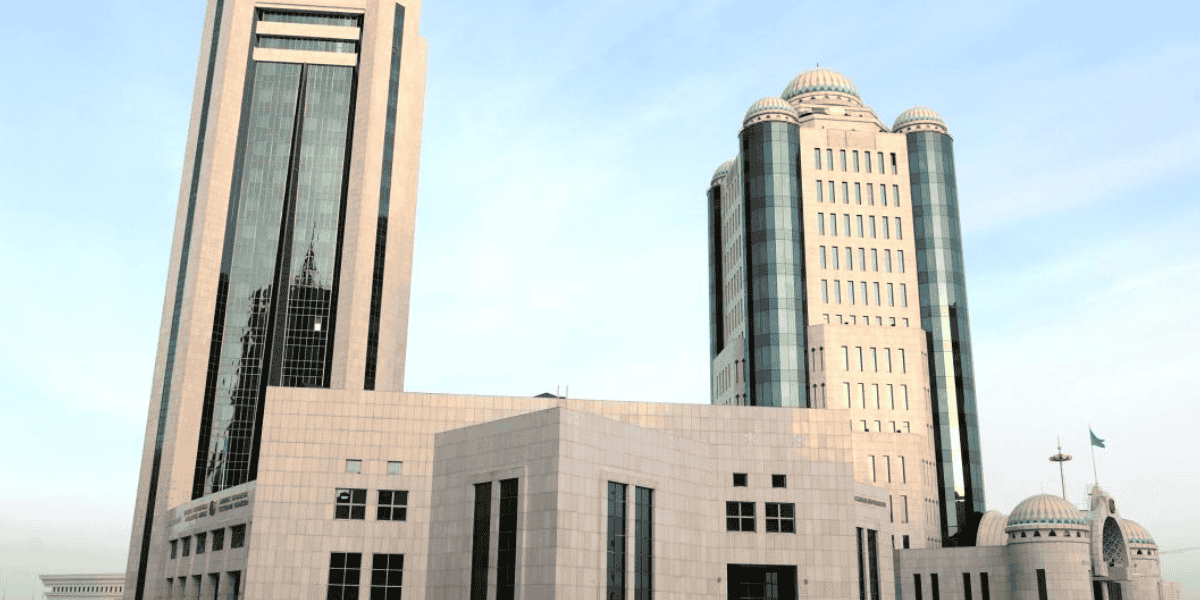As of 2023, Kazakhstan’s banking sector is at an important juncture with the proposed introduction of a super profit tax. The proposed tax reform in Kazakhstan focuses on introducing a super-profit tax on banks’ earnings from government securities. This initiative, highlighted in President Tokayev’s address, aims to redistribute bank profits in favour of state interests and encourage greater involvement in business lending. The proposal reflects a broader global trend, mirroring fiscal strategies in Europe where extraordinary profits in the financial sector have been targeted. Set for implementation in 2024, this reform has sparked a debate, embodying contrasting viewpoints on the banking sector’s profitability and its role in the national economy.
Banking Sector’s Financial Performance
The Kazakhstani banking sector has shown remarkable financial performance. In 2022, the sector’s total assets were 44.6 trillion tenge (approximately USD 102.58 billion), a significant increase of 18.4% from the previous year. The loan portfolio, a major part of these assets, reached 24.3 trillion tenge (about USD 55.89 billion), showing a 20.1% growth from the previous year.
Leading the profitability rankings was Kaspi Bank, with other banks like Eurasian Bank and Freedom Finance Bank also showing substantial growth in their assets, capital, and loan portfolios.
Potential Impacts and rationale
The introduction of a super profit tax on banks is expected to have a considerable impact on the sector. It may influence future business strategies and investment decisions.
Additionally, significant legislative changes in Kazakhstan are paving the way for the transformation of Microfinance Organizations (MFOs) into banks. This shift could provide access to cheaper financing sources but might also increase systemic risk due to high interest rates combined with reduced portfolio quality.
The rationale for the proposed super profit tax is the considerable profits of the banking sector. In early 2023, the net profit of banks was around 695 billion tenge (approximately USD 1.60 billion), with a pre-tax profit of about 790 billion tenge (around USD 1.82 billion).













